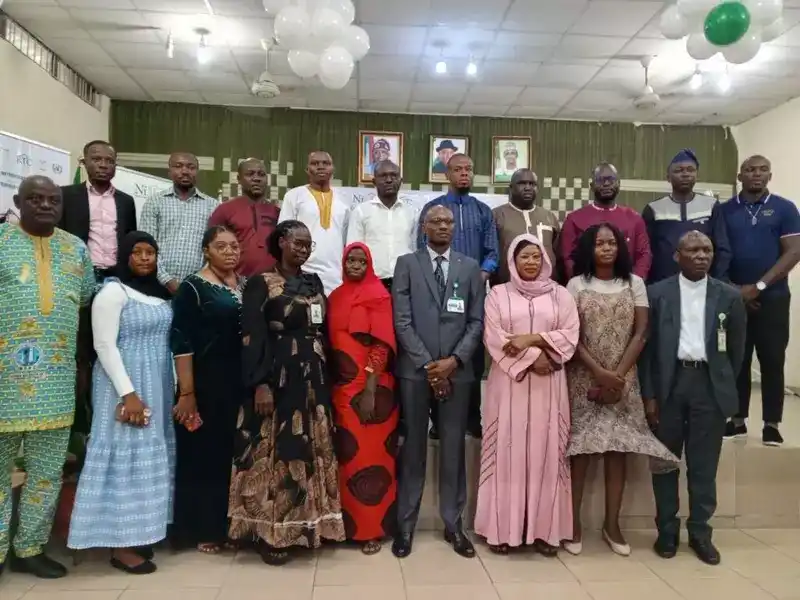NiMet partners WMO on early warning systems training

The countries are Cameroon, Ghana, Niger, Gabon, Benin Republic, Burkina Faso, Central Africa Republic, Congo, Côte d’Ivoire, Guinea Bissau, Senegal, The Gambia, Liberia, Mali, Sierra Leone and Togo.
The training, being held at NiMet Regional Headquarters, Oshodi, Lagos, is expected to run till Dec. 22 and has the theme: “Early Warnings for All”.
Prof. Mansur Matazu, the NiMet Acting Director-General/Chief Executive Officer (DG/CEO) while declaring the workshop open said the event targeted meteorologists and climate scientists across the subregion.
He said the training would ensure collaboration for measuring, reporting, predicting, and monitoring impending extreme weather conditions.
Matazu, who is also the Permanent Representative of Nigeria with the WMO, said nations need to collaborate to proactively combat climate change’s negative impacts by providing actionable services.
He said the workshop would help participants to develope capacity to predict and respond to weather-related hazards and empower them on implementation of early warning systems.
He said it was an opportunity given to Nigeria to empower the other African countries through the training and help them to do better.
Matazu, represented by the Director, Weather Forecasting Services, Mr Daniel Okafor, said extreme weather and climate events globally often resulted in incidents leading to huge destruction of property and loss of lives.
He said the United Nations (UN) recognised WMO’s contributions and was spearheading Early Warning Systems by the year 2027, hence, the Early Warning for All (EW4ALL) initiative.
The WMO is the recognised Regional Institution for capacity building, particularly in the West African Sub-region.
He said weather has no boundary, hence the need for global collaboration to ensure proactive steps against negative impacts of changing climate
He said the two weeks event would give participants the opportunity to engage with experts in various aspects of the weather and climate value chain, share best practices, and explore innovative methods.
“These efforts aim to enhance our capacity to predict and respond to weather-related hazards. The workshop seeks to comprehend the complexities of weather prediction and develop systems that are accessible, adaptable, and responsive to the diverse needs of our communities.
“The ultimate goal is to empower participants to go back home and implement early warning systems that are robust, inclusive, and leave no one behind.
“Therefore, we delve into the intricacies of early warning systems, our focus goes beyond addressing technical challenges, but investing in the safety and well-being of our communities,” he said.
Matazu said the collaboration was to foster a culture of preparedness and resilience that transcends borders and strengthens global communities.
Speaking with journalists, the Director, Weather Forecasting Services, Mr Daniel Okafor said NiMet usually collaborated with its sister agencies to disseminate meteorological information beyond the elite to the grassroots in understandable language.
He added that NiMet collaborated with agencies like the National Emergency Management Agency, emphasising their role in acting upon provided information.
The Director of Research and Training, Prof. Effiong Okoh, said the training focuses on making the Early Warning System accessible to non-technical individuals through simple language.
He said forecast produced by course beneficiaries would lead to a reduction in harm and loss in their countries.
Okoh added that participants could go back to their countries to conduct in-house training for colleagues to multiply the impact of the training. (NAN)






